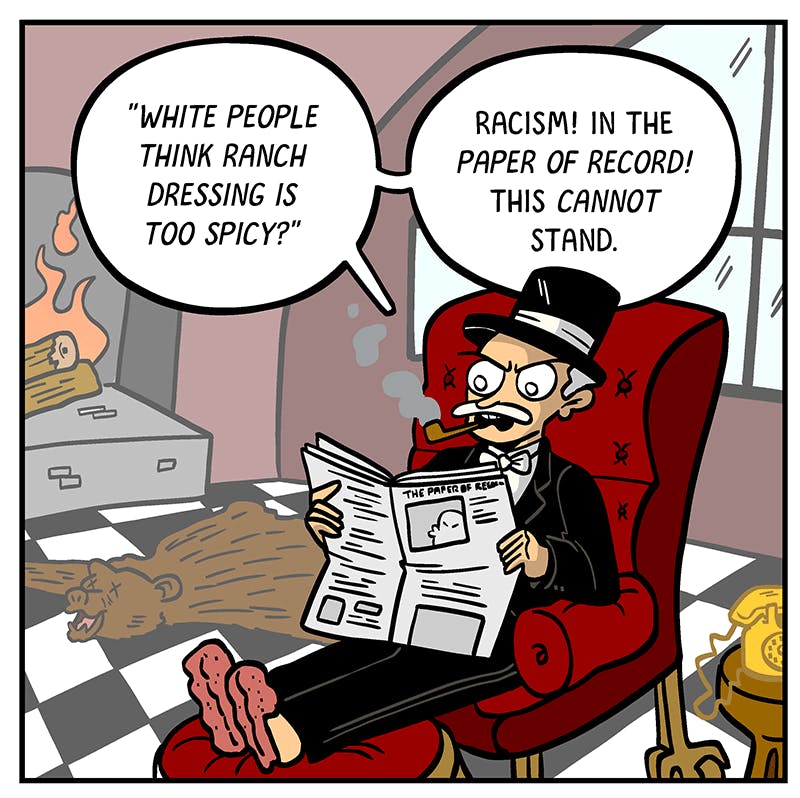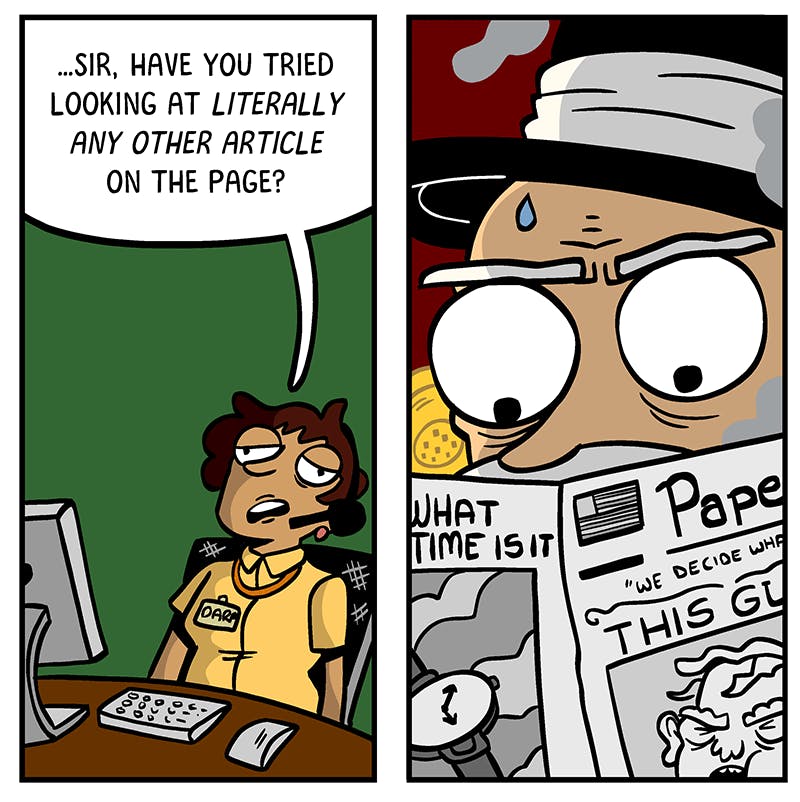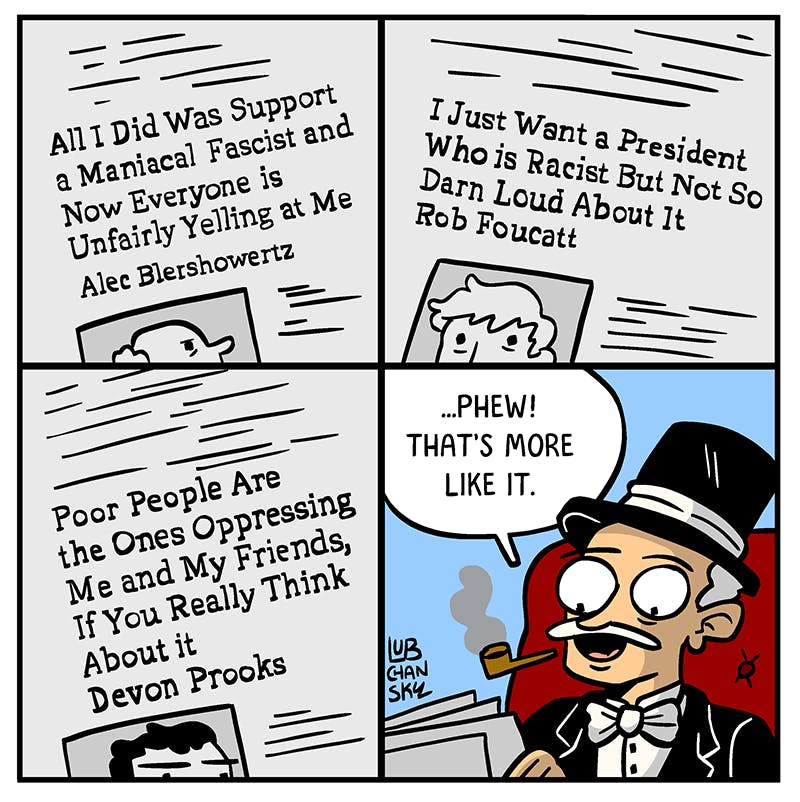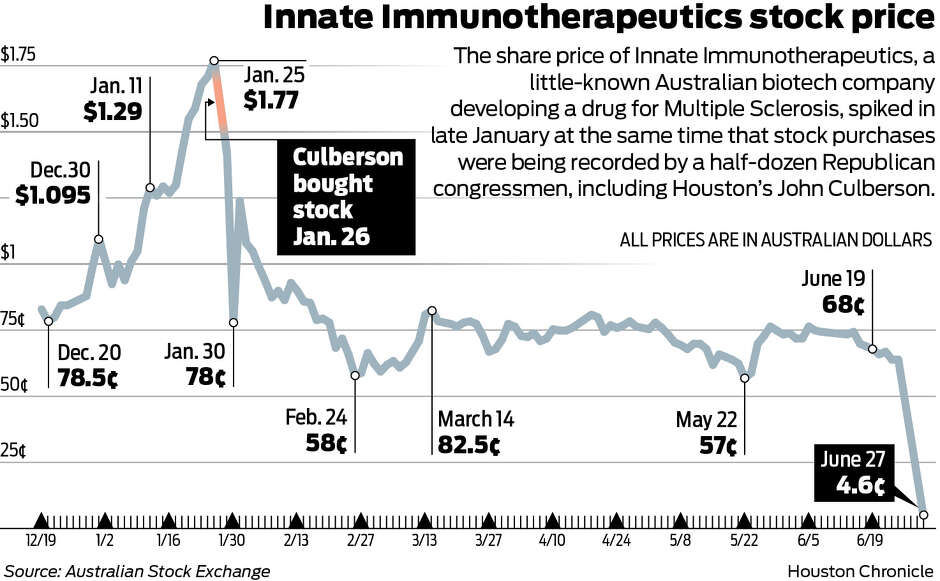It's not just Laura Ingraham and Tucker Carlson and the rest of Fox News; racism has a long-standing and under-acknowledged white elitist component, and Kris Kobach is proof.
We have an unfortunate tendency in America to treat racism and racial resentment as a pathology of the white underclass. Takes about the need for Democrats to abandon woke “identity politics” typically cite a desire to win back the “white working class,” not white members of the Harvard Club.
But while there’s some survey data backing the idea that working-class whites are likelier to harbor racial resentment (see table 3 here), the racism that kept Jews and blacks out of country clubs (and out of Harvard) for generations is still around. And Kobach is a great example of how it can continue to have real political consequences.
Kobach isn’t alone. White House adviser Stephen Miller didn’t have a Huntington figure during his time at Duke; in all the profiles written about Miller, I’ve yet to find one that mentions a professor who mentored him or even liked him. But it was Miller’s role as a conservative voice on campus during the Duke lacrosse scandal (a scandal that became a national affair only because of Duke’s elite status) that catapulted him into a career as a policy aide on Capitol Hill, and now in the White House. He, like Kobach, leveraged elite credentials to implement racist policies.
Further on the fringes of American life, Richard Spencer’s time as a Duke grad student, and Jared Taylor’s Yale pedigree, have helped lift them from obscurity into being commonly cited voices from the “race realist” movement. They got a patina of respectability, a sense that they’re a different, higher class of racist.
Working-class white racists can inflict a lot of harm; hate crimes in this country are a real thing, committed by people with all kinds of income and education levels. But economically unprivileged whites typically don’t cause damage on the scale of Miller or Kobach — or even Spencer or Taylor. That escalation requires elite credentials and connections.
... I hope Kobach can help change our mental image of an American racist from lazy stereotypes of manual laborers to a Yale-trained lawyer with a PhD, whose racial views come in part from a celebrated Harvard professor. That’s the bigger danger.




